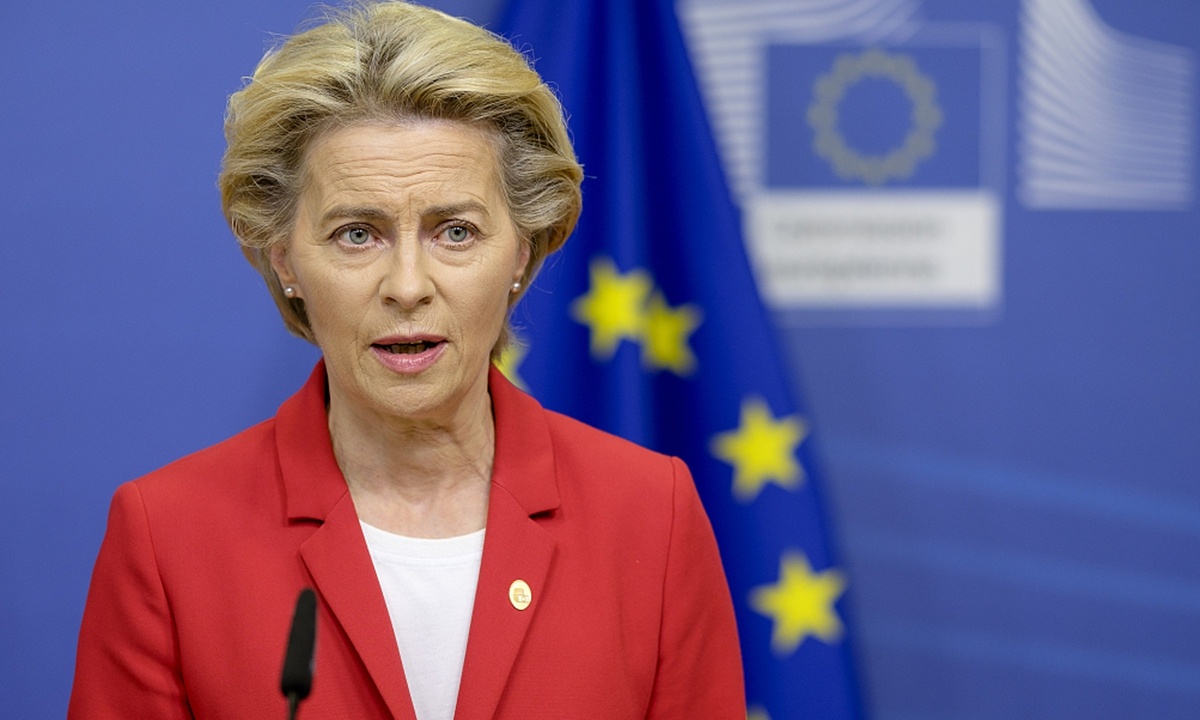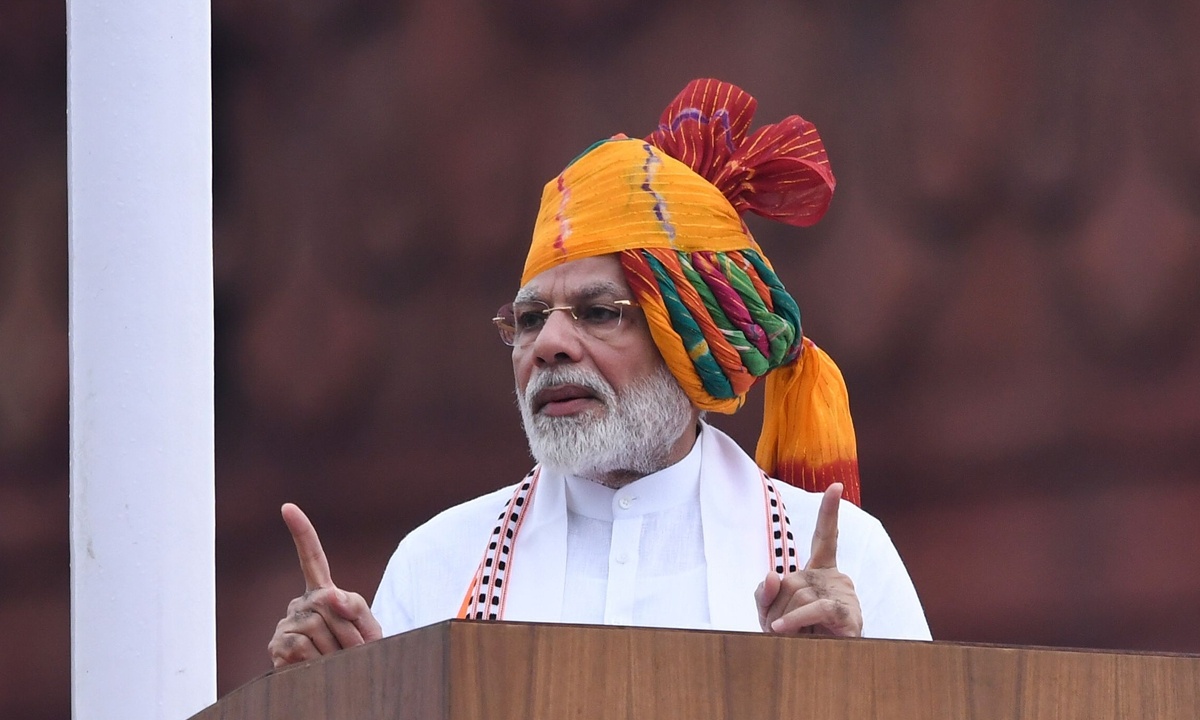
Photo: VCG
Rapprochement seems to have been a trend between the EU and India since the two sides held a video summit in July. Think tank reports and media commentaries are exploring the possibilities and potential of closer and more substantialized EU-India bilateral cooperation. And the issue of Germany's new Policy Guidelines for Indo-Pacific Region on September 1st has further intensified the policy debates of European political and policy elites on Europe-India relations.
Although declared as a strategic partnership in 2004, the EU-India relations have long been kept outside the list of priorities of the EU leadership. Negotiations on an EU-India Free Trade Area has been virtually frozen since 2013. By the end of 2019, EU-India trade accounted for a mere 1.9 percent of EU's total trade.
The EU political leadership has been largely attracted to East and Southeast Asia, and has been prioritizing negotiation of FTA treaties with Singapore, Vietnam, and Japan, while also spending a large amount of energy and resource in its relationship with China. The European Union's new approach to India reflects its latest nuanced adjustments of its strategic assessments and policy orientations since this summer, due to a series of internal and external situational changes.
Europe's foreign policy community began to refocus its attention on India during the COVID-19 pandemic in March-April. Partly enlightened by the US proposed "Indo-Pacific Strategy," which appeared to intensify in the second half of 2019, and partly pressed by the huge geopolitical reshuffling resulting from the tense China-US strategic rivalry that accelerated in early 2020, and partly impacted by the ongoing pandemic, European politicians and think tankers are now attaching more importance to India in their strategic planning.

File photo: VCG
EU's effort to develop bilateral relations with India is motivated by economic, political and strategic concerns. Given worldwide waves of economic nationalism, the EU is also stressing "European strategic autonomy" and economic sovereignty, emphasizing the necessity of mitigating external dependency, especially its dependency on China. India is increasingly viewed by Europeans as an alternative to China for Europe to diversify its external supply chains and to extend European exports and business.
To gain an advantageous position in current international strategic competitions for cutting-edge technologies and emerging industries, the von der Leyen Commission is now carrying forward a new industrial strategy and working to build Europe's own digital platforms. It regards India as a potential partner for Europe's digital transformation, considering the highly developed Indian software industry.
As more EU-China competition and conflicts appear in technology, industry, trade, and investment, India is being considered a counterbalance to China. Furthermore, as US-China tensions continue in the South China Sea, the neighboring Indian Ocean appears to be more and more strategically significant and the EU is hoping to exert its own strategic influence in this region. Finally, there is an EU-India commonality in their support for a continued process of global climate governance, so EU elites perceive potential cooperation on Europe's green deal.
As globalization and regional integration suffer constant frustrations, geopolitics is being largely reshaped by emerging mercantilism, nationalism, and populism. With the world economy seriously disrupted by the relentless pandemic and international relations are more unpredictable by fiercer big-power games, closer EU-India relations may add a new element of unpredictability to the already turbulent and disturbing realignment of geopolitics. Economically and strategically, it is very likely that closer EU-India relations may be leveraged against China and worsen China's external environment. In particular, there might be increasing pressure for China to structurally readjust its foreign economic policy and security strategy. Its overall strategic assessment over its external environment may need to be recalibrated.
However, the prospect of EU-India economic cooperation still remains uncertain because of profound bilateral divergences in culture, economy, and politics. The EU-India's democratic values and political system do not guarantee a steady development of substantial cooperation because there are varied motives and strategic concerns on both sides.
The author is executive director of the Center for European Union Studies, Shanghai International Studies University.


